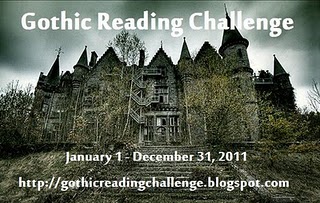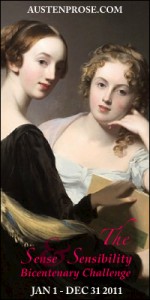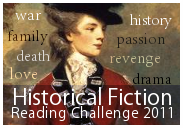space
This was my best reading year yet in terms of meeting my reading goals. Actually, it might have been the first year I actively set reading goals.
- Total number of books read: 50.
- Fiction books: 46.
- Nonfiction books: 4.
- YA books: 8.
- Audio books: 3.
- Kindle books: 14.
- DailyLit books: 2.
- Books reread: 2.
2011 Reading Challenge
Dana has completed her goal of reading 50 books in 2011!
I recently posted my list of favorite books, but here is a quick list:
- Revolution, Jennifer Donnelly
- Water for Elephants, Sara Gruen
- On Writing, Stephen King
- The Songcatcher, Sharyn McCrumb
- The Paris Wife, Paula McLain
- Miss Peregrine’s Home for Peculiar Children, Ransom Riggs
- The Secret History, Donna Tartt
- The Absolutely True Diary of a Part-Time Indian, Sherman Alexie
- Passion, Jude Morgan
- The Kitchen Daughter, Jael McHenry
Least favorite books of 2011 (no one-star books this year!):
- The Dream of Perpetual Motion, Dexter Palmer
- Adam & Eve, Sena Jeter Naslund
Favorite book meme of the year: Top Ten Tuesdays.
Favorite reading challenge: The R.I.P. Challenge. Again.
Just a couple of days ago, I posted a list of my favorite blog posts for this year.
My Where Are You Reading 2011 reading challenge map (you can open it up and look all over):
View 2011 Where Are You Reading Challenge in a larger map



































